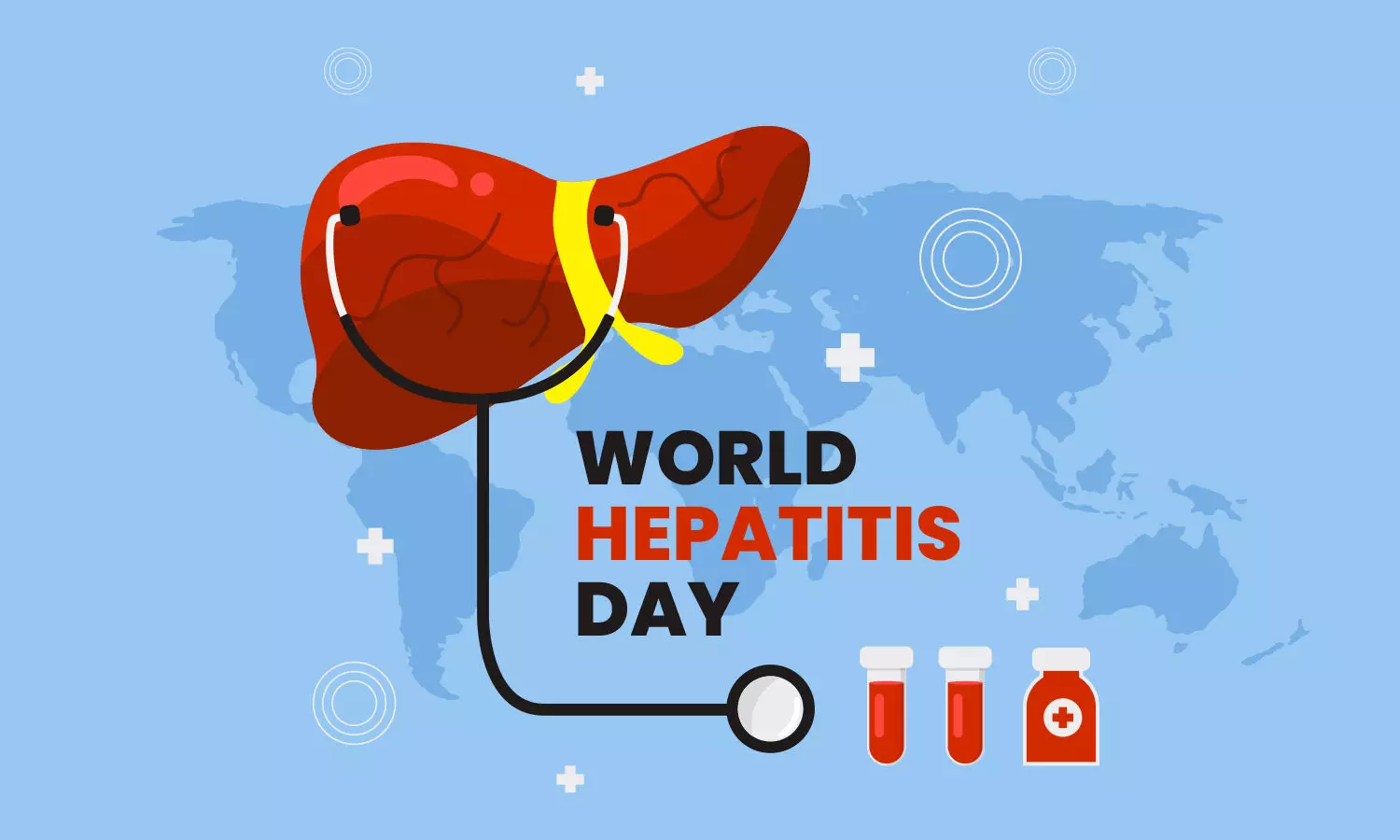World Hepatitis Day 2024 - Global Efforts to Combat Viral Hepatitis

World Hepatitis Day 2024 - Global Efforts to Combat Viral Hepatitis
Learn about World Hepatitis Day 2024, its importance, goals, origins, and the global efforts led by the CDC and WHO to eliminate viral hepatitis and reduce its impact.
Viral hepatitis impacts over 300 million people worldwide and causes over 1 million deaths annually. Despite the availability of effective vaccines, prevention strategies, and treatments, hepatitis-related deaths are rising globally.
Organisations like the CDC and the World Health Organisation observe World Hepatitis Day (WHD) to spread awareness about the challenges faced by those living with hepatitis, the ongoing efforts to combat the disease worldwide, and the actions individuals can take to prevent its spread.
Goals of World Hepatitis Day 2024
The CDC aims to eliminate viral hepatitis both in the United States and globally. They work with international partners to help countries with high infection rates prevent, control, and eliminate the disease.
The Origins of the Campaign
World Hepatitis Day is observed on July 28th each year, commemorating the birthday of Dr. Baruch Blumberg, who discovered the hepatitis B virus in 1967 and developed the first hepatitis B vaccine two years later. Dr. Blumberg was awarded the Nobel Prize in Physiology or Medicine in 1976 for his groundbreaking work.
What Success Looks Like
The CDC provides scientific and public health leadership to countries worldwide, advancing efforts to eliminate viral hepatitis as a public health threat. For instance, in 2015, the CDC partnered with Georgia to launch the world's first Hepatitis C Elimination Program. By 2021, Georgia achieved a 67% reduction in chronic hepatitis C virus (HCV) infections compared to 2015.
Core Goals of the CDC's Immunisation Program
The CDC's core immunisation program aims to -
i)Prevent VPDs by strengthening immunisation services.
ii)Detect VPDs by enhancing disease surveillance systems.
Two additional goals are to -
i)Sustain immunisation program capacities over time.
ii)Innovate to increase the impact of immunisation programs through research and evaluation.
Building Capacity Worldwide
The CDC helps countries develop capabilities for surveillance, testing, care, and treatment. They assist in creating and implementing national control and elimination programs. For more details on the CDC's efforts to prevent chronic hepatitis B, visit their Global Hepatitis B Vaccination page.
World Hepatitis Day 2024- Importance
World Hepatitis Day serves as a crucial reminder of the global burden of viral hepatitis. It is an opportunity to educate the public about the disease, its prevention, and the importance of vaccination. With continuous efforts and global cooperation, the goal of eliminating viral hepatitis as a public health threat can be achieved.
Understanding Viral Hepatitis
Viral hepatitis is an inflammation of the liver caused by viruses such as hepatitis A, B, C, D, and E. Each type of hepatitis has different modes of transmission, symptoms, and prevention methods.
Hepatitis A
It is transmitted through contaminated water and food. It causes an acute infection that does not become chronic. Vaccination and good hygiene practices are effective prevention methods.
Hepatitis B
Hepatitis B is transmitted through contact with infectious body fluids, such as blood and semen. It can cause both chronic and acute infections. The hepatitis B vaccine is highly effective in preventing the infection.
Hepatitis C
Hepatitis C is primarily spread through blood-to-blood contact. It often leads to chronic infection, which can cause severe liver damage over time. There is no vaccine for hepatitis C, but antiviral treatments can cure most cases.
Hepatitis D
Hepatitis D occurs only in those infected with hepatitis B, as it requires the hepatitis B virus to replicate. It is transmitted through body fluids and blood. Prevention of hepatitis B through vaccination also protects against hepatitis D.
Hepatitis E
Hepatitis E is typically spread through contaminated drinking water. It causes acute infections and is especially dangerous for pregnant women. Improved sanitation and clean drinking water is important to preventing hepatitis E.
The Role of Vaccination
Vaccination plays a critical role in preventing hepatitis infections. The hepatitis A and B vaccines are safe and effective, providing long-term protection. Efforts to increase vaccination coverage, particularly in high-risk populations, are essential in reducing the global burden of hepatitis.
Global Challenges and Efforts
Despite the availability of vaccines and treatments, many people worldwide remain unaware of hepatitis and its consequences. Stigma, lack of access to healthcare, and insufficient funding for public health initiatives are significant barriers to hepatitis elimination.
Global campaigns like World Hepatitis Day help to overcome these challenges by raising awareness, promoting education, and advocating for policies that support prevention, testing, and treatment efforts.
The fight against hepatitis requires sustained commitment and innovation. Advances in medical research, improved access to healthcare, and international collaboration are crucial to achieving the goal of hepatitis elimination. Observing World Hepatitis Day 2024 and backing global initiatives allows individuals and organizations to contribute towards a hepatitis-free future.











